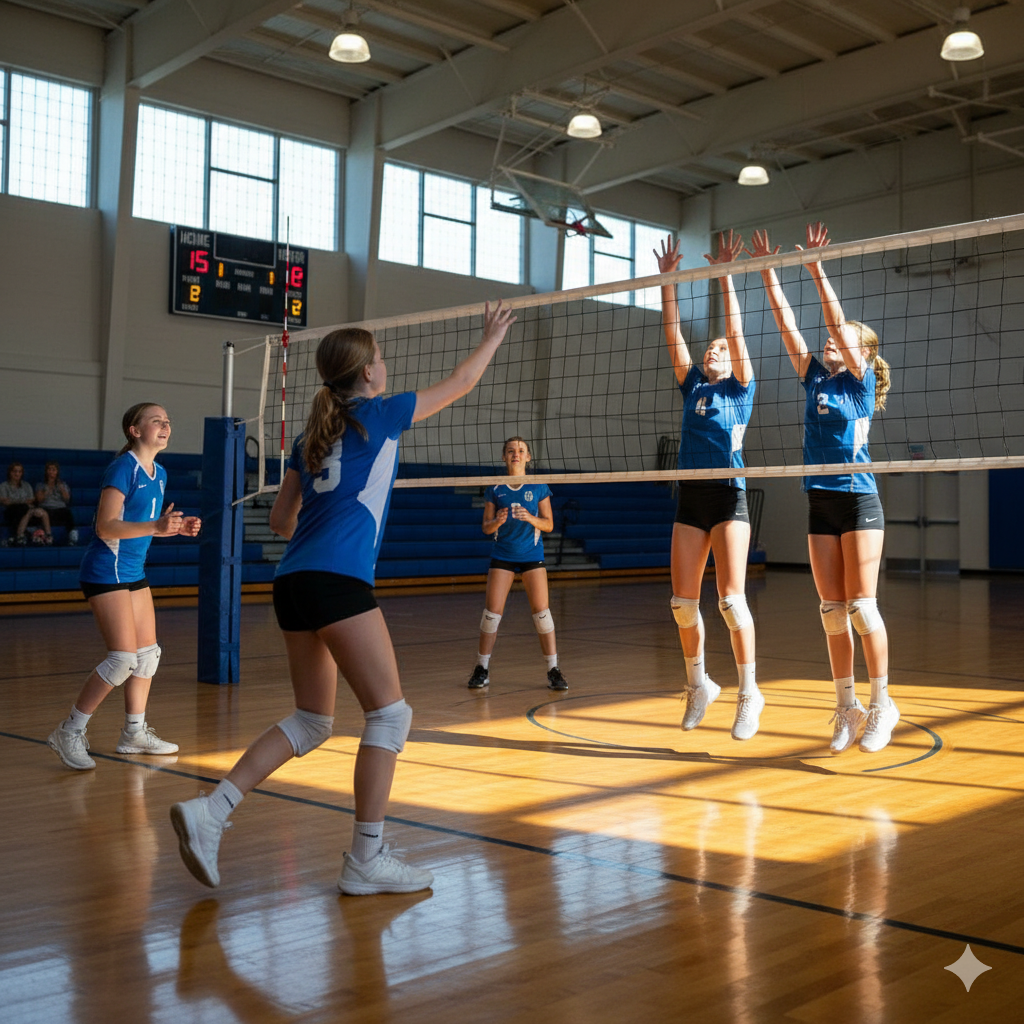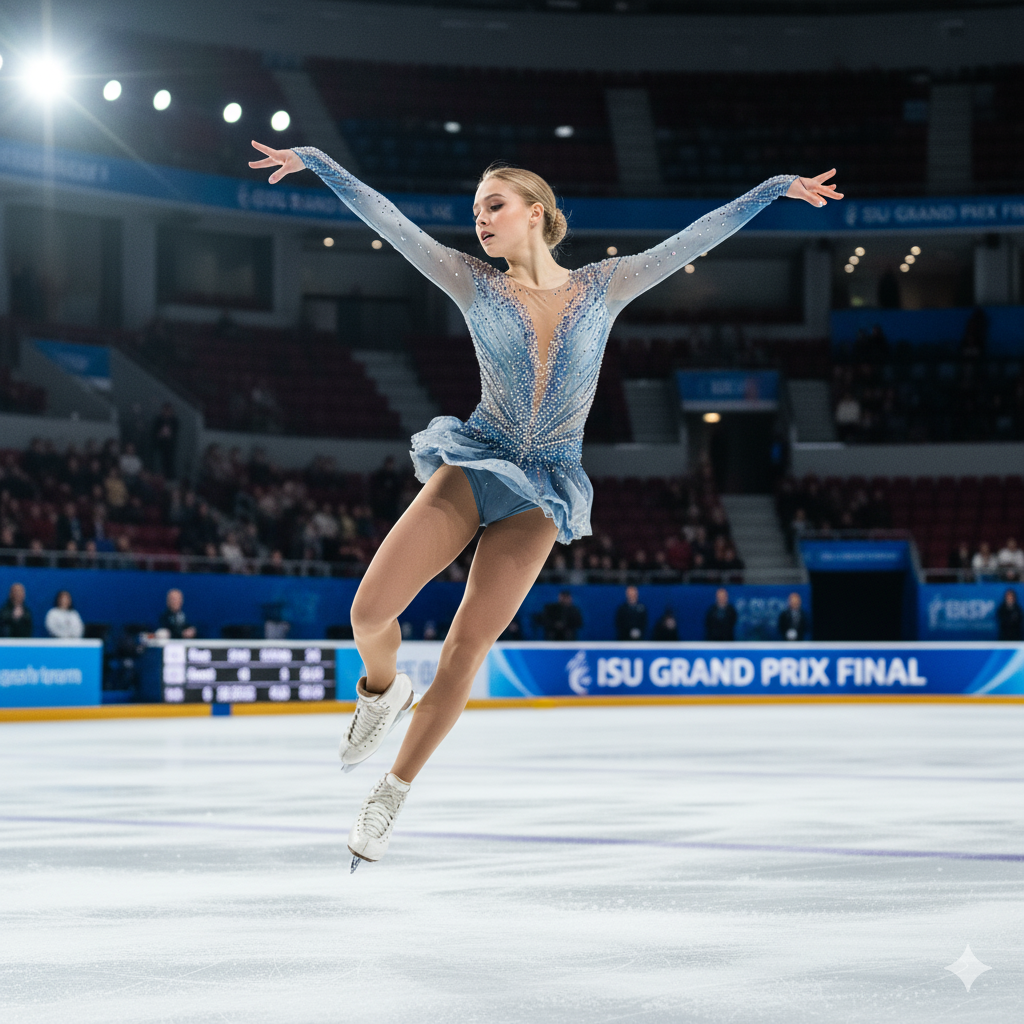Studio-powered summer camps
Choose immersive week-long or multi-week camps that mix morning deep-dives with afternoon build sessions. Showcase nights bring families, educators, and community partners together to celebrate progress.
- Daily design sprints and lightning talks from guest mentors
- Hands-on labs with maker kits, cameras, and edge AI devices
- Reflective journals and demo booths to document growth

